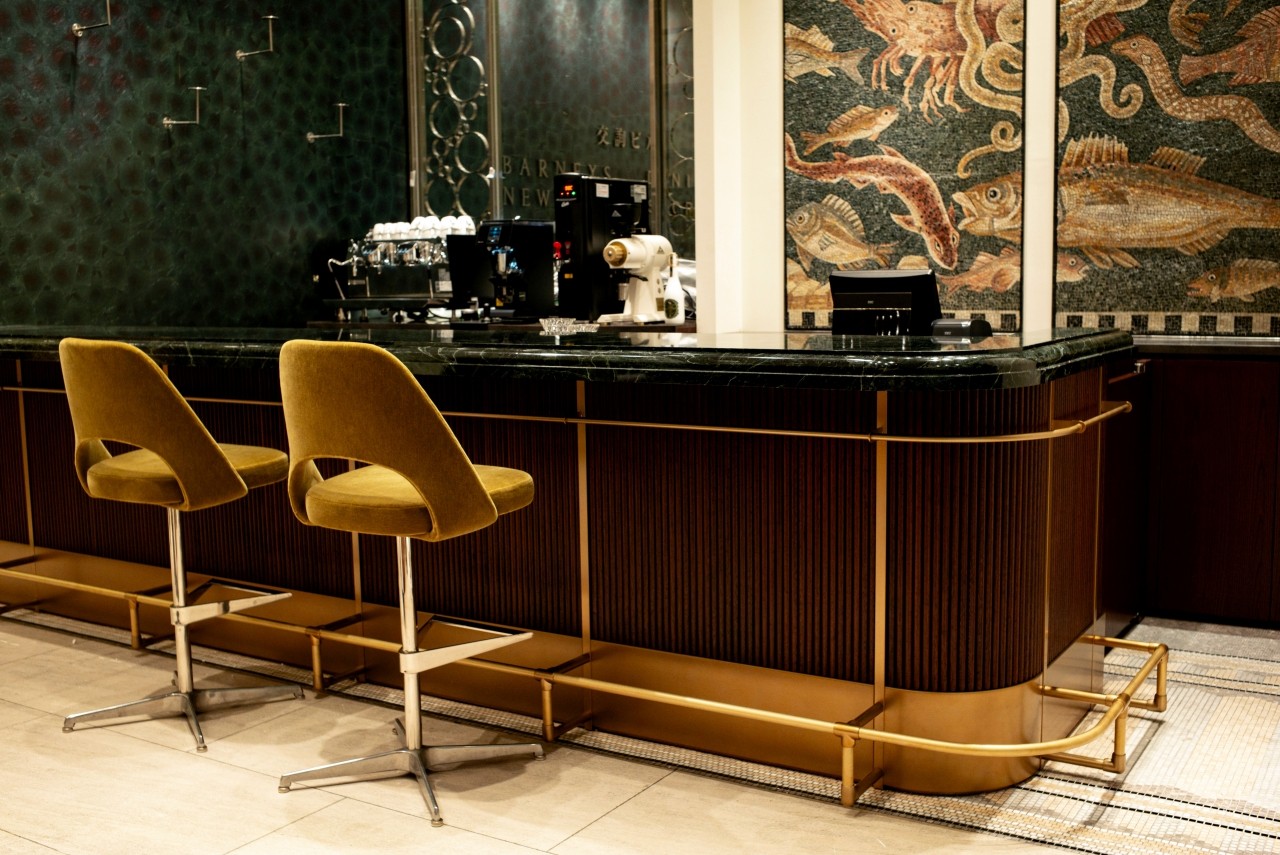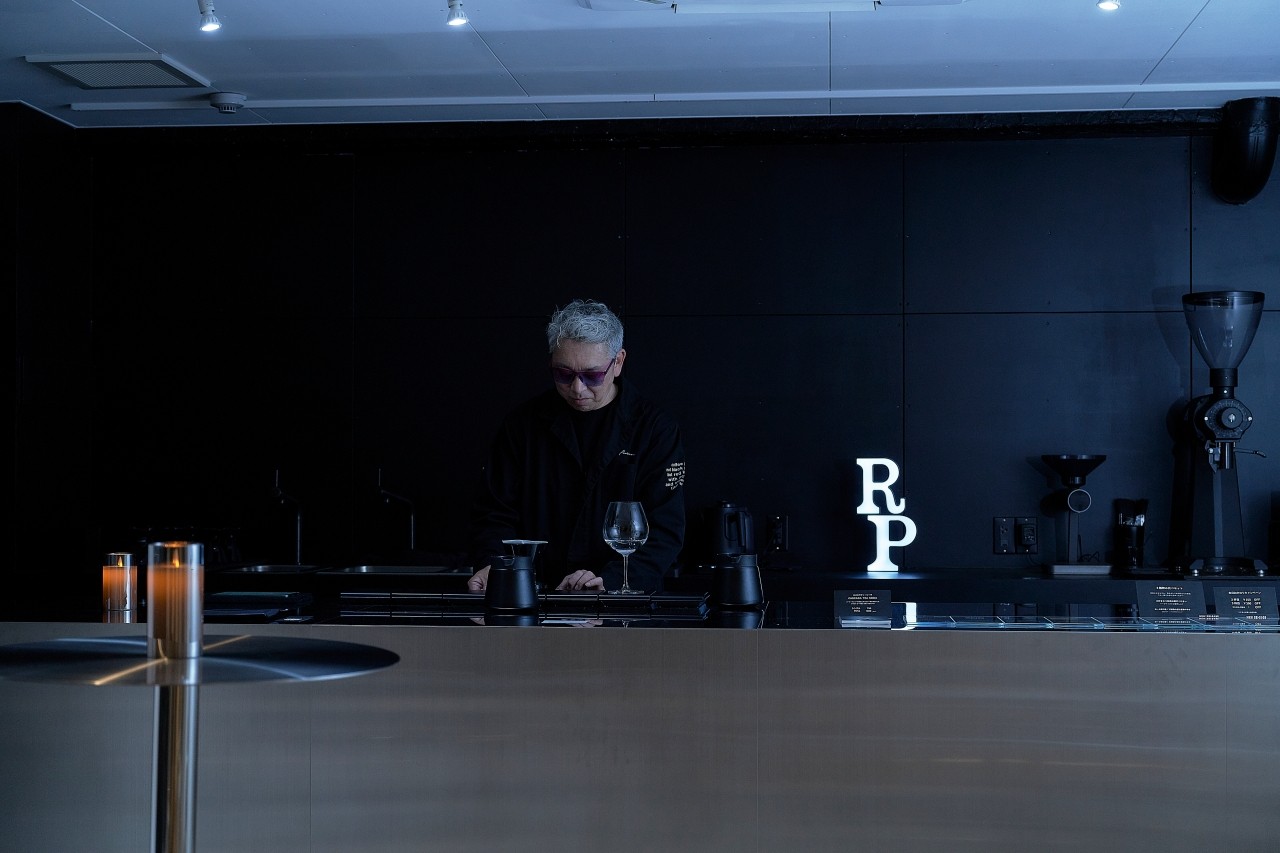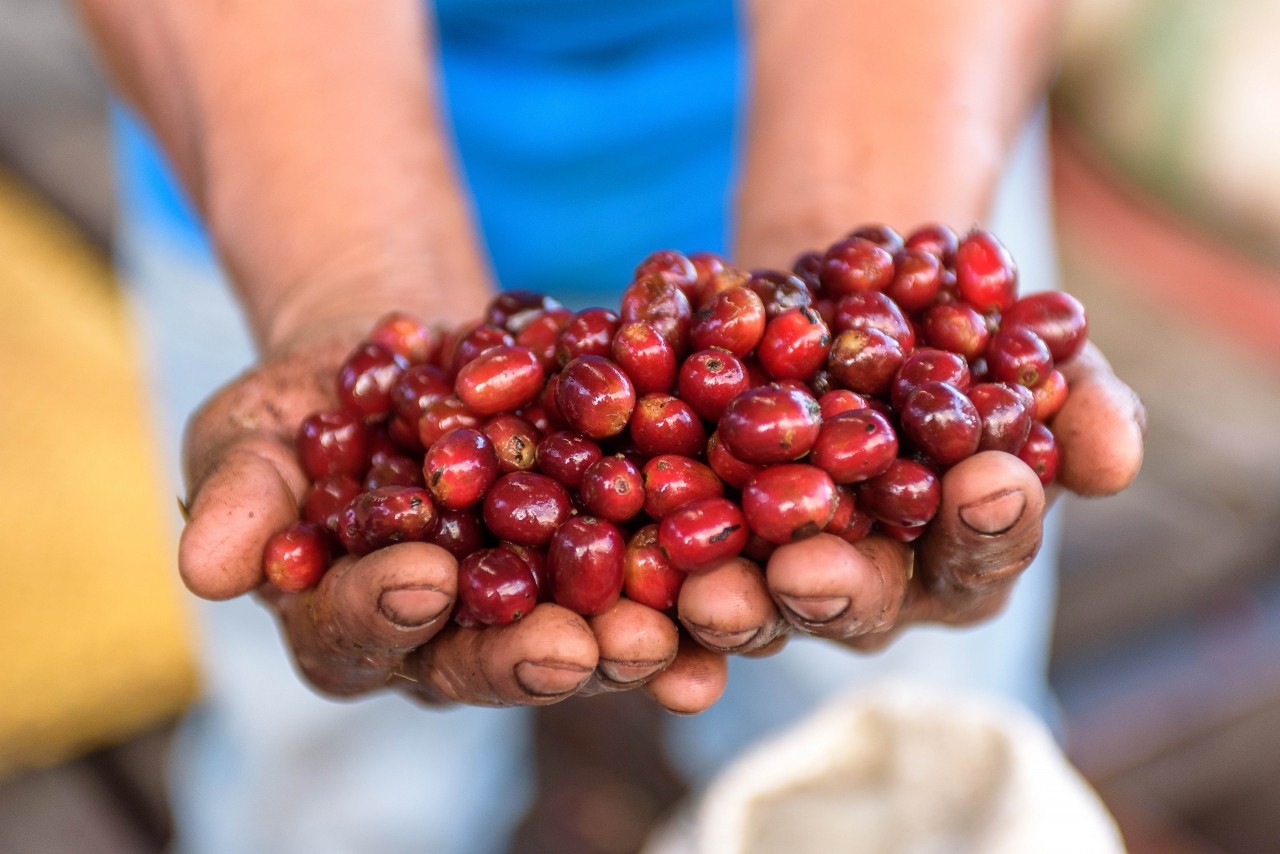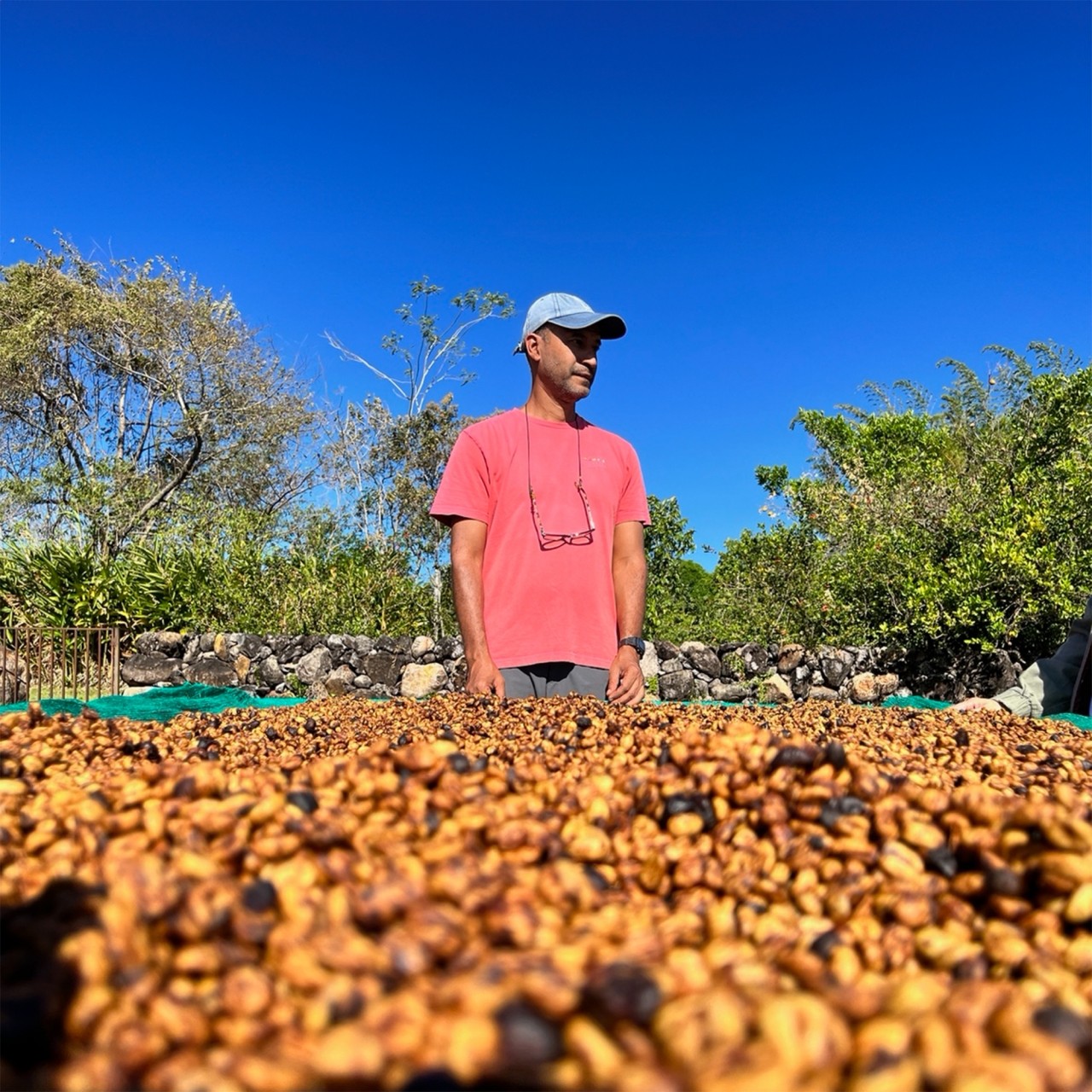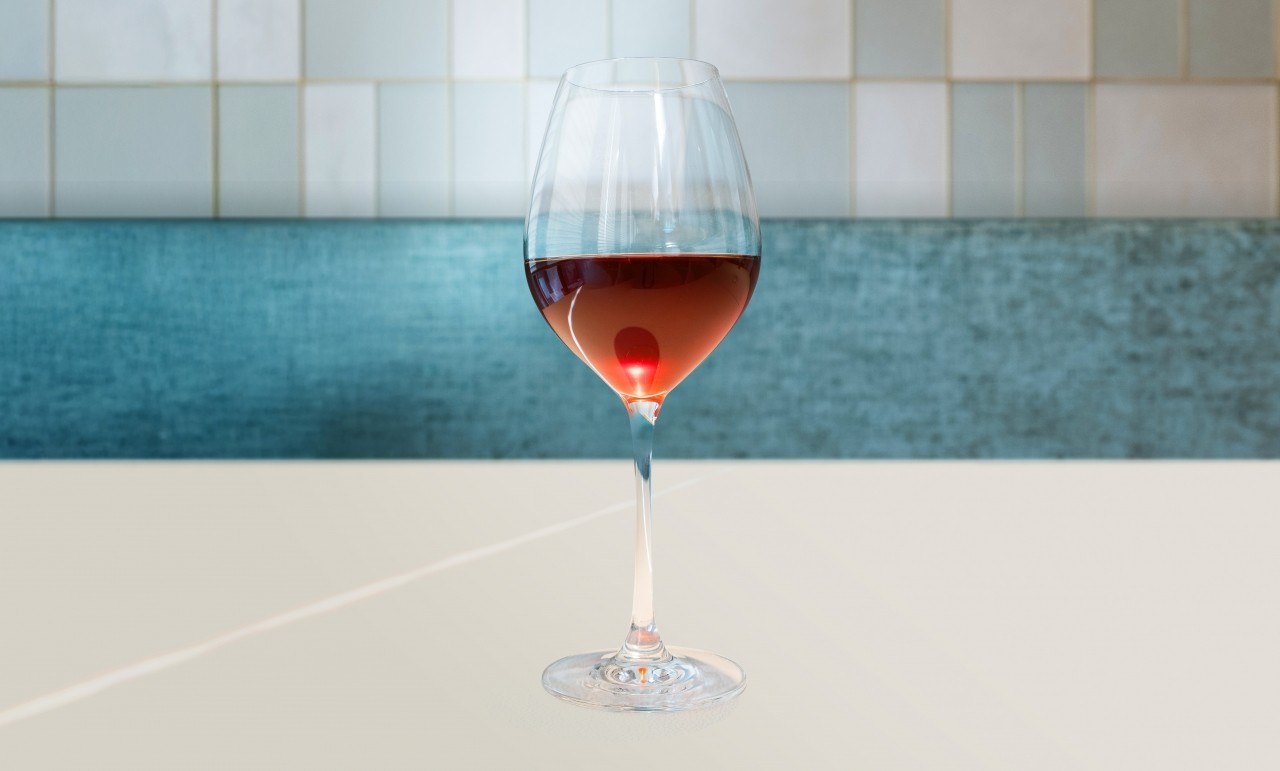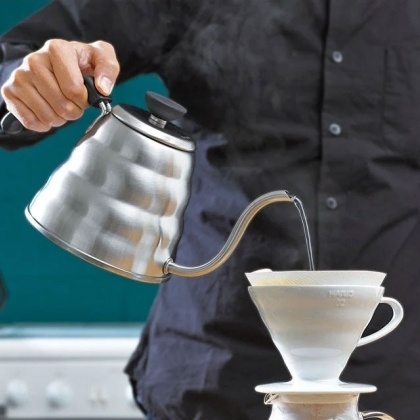Differences in the taste of coffee depending on water (1) Soft water/hard water edition
When you brew coffee, do you pay attention to the difference in water?
As a barista, I have become more interested in the differences in water since I started brewing coffee at various shops.
As a barista, I have become more interested in the differences in water since I started brewing coffee at various shops.
I realized that even if the same brand of coffee is brewed, the taste can be different depending on the location of the store. (Perhaps the water quality is different depending on the store...)
In recent years, at competitions such as the WBrC, an increasing number of athletes are making their own custom water and using it, and it has become common to change the mineral composition of the water.
This has led to attention being paid to the "differences in water" used when extracting coffee.
In this project, we will be thinking about the differences in taste caused by water.
In the first installment, we will look at the difference between soft water and hard water.
In recent years, at competitions such as the WBrC, an increasing number of athletes are making their own custom water and using it, and it has become common to change the mineral composition of the water.
This has led to attention being paid to the "differences in water" used when extracting coffee.
In this project, we will be thinking about the differences in taste caused by water.
In the first installment, we will look at the difference between soft water and hard water.
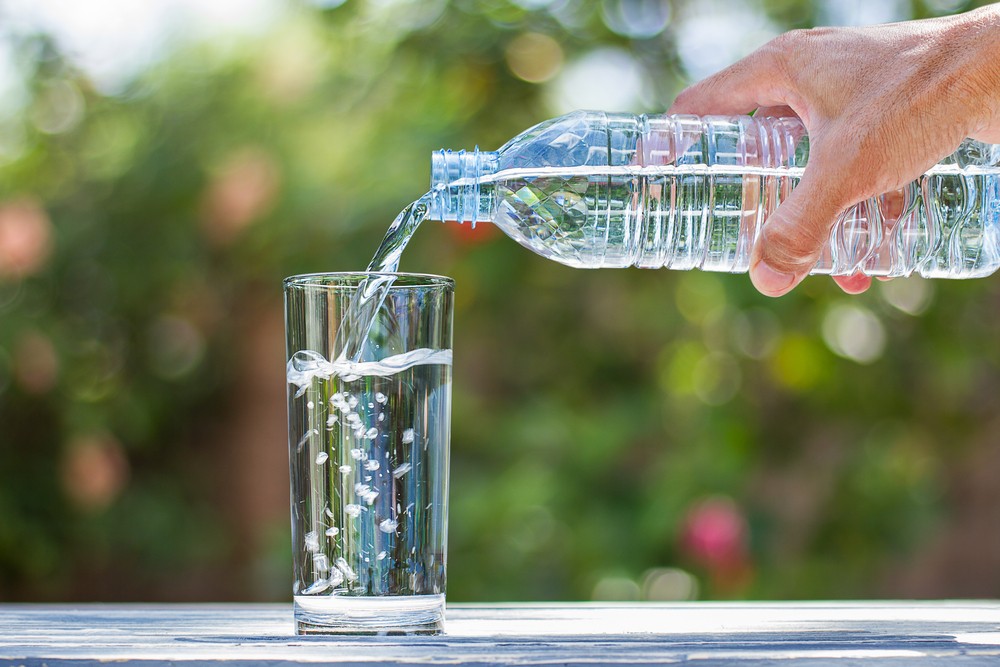
The taste changes depending on the type of water
First of all, why does water change the taste of coffee?
There are two related factors: "hardness" and "pH".
Hardness is an index that indicates the amount of minerals present in water.
In general, water with a calcium carbonate content of 60 mg/L or less is called soft water, water with a calcium carbonate content of 60 to 120 mg/L is called medium hard water, water with a calcium carbonate content of 120 to 180 mg/L is called hard water, and water with a calcium carbonate content of 180 mg/L or more is called very hard water.
In fact, coffee has a tendency to react easily with minerals, so if you use mineral-rich water with high hardness, the reaction with the coffee will progress and the taste will tend to change. The texture will also change, which will have a variety of effects on the taste.
On the other hand, pH indicates the hydrogen ion potential of water.
Many people may imagine that "water = neutral (pH 7)," but various substances are dissolved in water, and the same water can have a wide range of pH values.
Coffee beans are an acidic substance, so it is said that the taste of the coffee changes depending on the pH of the water.
There are two related factors: "hardness" and "pH".
Hardness is an index that indicates the amount of minerals present in water.
In general, water with a calcium carbonate content of 60 mg/L or less is called soft water, water with a calcium carbonate content of 60 to 120 mg/L is called medium hard water, water with a calcium carbonate content of 120 to 180 mg/L is called hard water, and water with a calcium carbonate content of 180 mg/L or more is called very hard water.
In fact, coffee has a tendency to react easily with minerals, so if you use mineral-rich water with high hardness, the reaction with the coffee will progress and the taste will tend to change. The texture will also change, which will have a variety of effects on the taste.
On the other hand, pH indicates the hydrogen ion potential of water.
Many people may imagine that "water = neutral (pH 7)," but various substances are dissolved in water, and the same water can have a wide range of pH values.
Coffee beans are an acidic substance, so it is said that the taste of the coffee changes depending on the pH of the water.
A refreshing taste is "soft water" and a strong taste is "hard water".
So what is the actual difference in taste between soft water and hard water?
In the case of soft water, the mineral content is low and Manabu reactions caused by minerals hardly occur, so it tends to be easier to enjoy the original flavor of the coffee beans.
In the case of soft water, the mineral content is low and Manabu reactions caused by minerals hardly occur, so it tends to be easier to enjoy the original flavor of the coffee beans.
It has a smooth taste and makes it easier to create a clean finish.
On the other hand, hard water has a lot of minerals, which causes the minerals to react more with the coffee and tend to extract a variety of components more easily, resulting in a stronger flavor.
Neutral water is recommended
pH is expressed as a number from 0 to 14, and is classified as "acidic," "neutral," or "alkaline" depending on the number.
Acidic: pH < 3.0
Weak acidity: 3.0 ≦ pH < 6.0
Neutral: 6.0 ≦ pH ≦ 8.0
Weakly alkaline: 8.0 < pH ≦ 11.0
Alkalinity: pH 11.0 <
Roasted coffee beans are said to have a slightly acidic acidity of around 5.0 for medium roasts and around 5.6 for dark roasts.
Therefore, using acidic water will bring out the acidity more, which will tend to make the coffee taste more sour.
On the other hand, if you use highly alkaline water, it will be less likely to produce an acidic taste, but at the same time, it will also cancel out the inherent acidity of the fruit in the coffee, which is said to make the flavor unbalanced. Alkaline water is delicious, but highly alkaline water is not suitable for coffee.
To bring out the potential of the brand in a balanced way, we recommend using neutral water.

The taste of coffee is determined by a variety of factors, such as the potential of the coffee beans, the extraction equipment, and the extraction environment, so it cannot be said that soft water will necessarily result in a refreshing taste, but it will have some influence.
In the future, I would like to delve deeper into the differences in taste depending on the water, such as reviewing extractions using various types of water and custom water.
In the future, I would like to delve deeper into the differences in taste depending on the water, such as reviewing extractions using various types of water and custom water.
2023.05.08
Hiroto Usukura
If you want to enjoy coffee more deeply
" CROWD ROASTER APP"
Manabu at CROWD ROASTER LOUNGE
・Push notifications for article updates・Full of original articles exclusive to CROWD ROASTER
・Direct links to detailed information about green beans and roasters
App-only features
- Choose green beans and roasters to create and participate in roasting events・CROWD ROASTER SHOP: Everything from beans to equipment is readily available
・GPS-linked coffee map function


